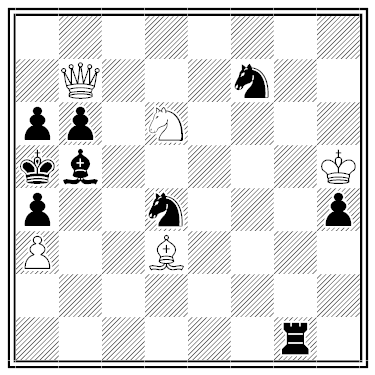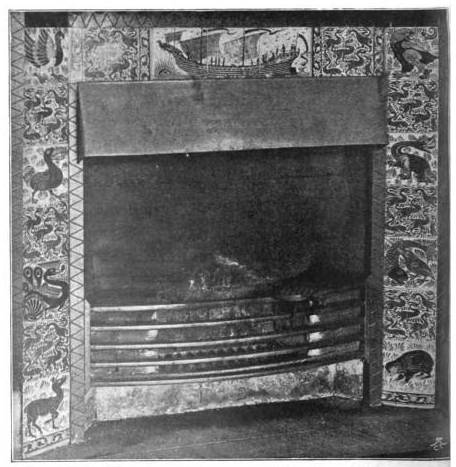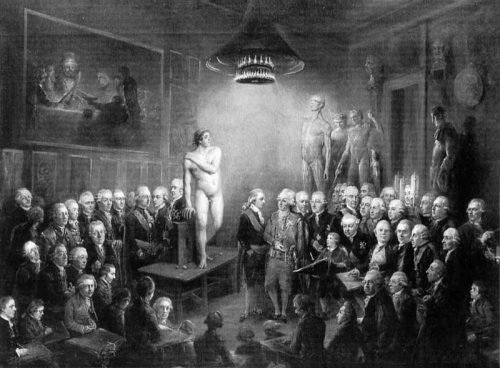Three privates in the Army Air Forces caused some confusion when they showed up at the advanced flying school at Mather Field in California in 1942.
Their names were Admiral C. Allen, General Rudolph Merriweather, and Lieutenant Garnes. (Berkeley Daily Gazette, Oct. 8, 1942)
General L. Phillips and Lieutenant Tisdale were inducted into the Army (as privates) in Knoxville, Tenn., in 1952. (Lubbock Evening Journal, March 20, 1952)
“Private Colonel Underwood found it convenient to drop the title when requesting hotel reservations while on leave,” wrote Elsdon Coles Smith in The Story of Our Names (1970). “He would say, ‘This is Colonel Underwood speaking.’ It usually worked.”






